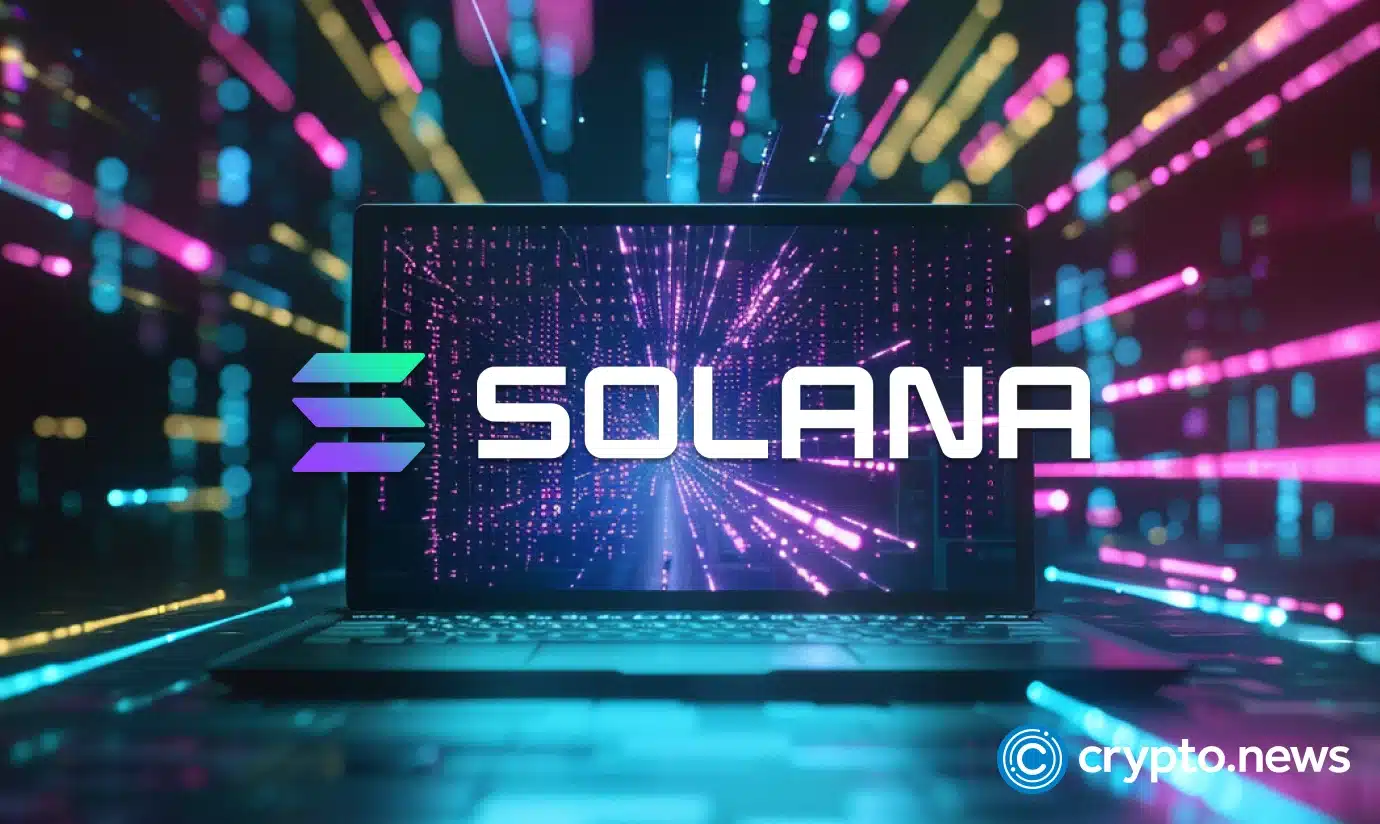Rongchai Wang
Nov 04, 2025 22:33
Anthropic’s Frontier Red Team assesses the evolving risks of AI models in cybersecurity and biosecurity, highlighting advancements and challenges in AI capabilities.
Anthropic’s Frontier Red Team has released new insights into the potential national security risks posed by frontier AI models. The report details the rapid progress of AI capabilities and the associated risks, with a focus on cybersecurity and biosecurity, according to Anthropic.
AI Advancements in Cybersecurity
In the cybersecurity domain, significant advancements have been made in AI capabilities. Over the past year, Anthropic’s AI model, Claude, has evolved from high school-level proficiency to undergraduate-level skills in cybersecurity challenges. This progress was demonstrated in Capture The Flag (CTF) exercises, where the AI’s ability to identify and exploit software vulnerabilities has markedly improved. The latest iteration, Claude 3.7 Sonnet, has shown enhanced performance, solving a significant portion of challenges on the Cybench benchmark.
Despite these improvements, the AI model still struggles with more complex tasks, such as reverse engineering and network environment exploitation. However, collaboration with Carnegie Mellon University revealed that, with the aid of specialized tools, the AI could replicate sophisticated cyber-attacks, highlighting the potential for AI in both offensive and defensive cybersecurity roles.
Biosecurity Concerns
On the biosecurity front, Anthropic has observed rapid advancements in AI’s understanding of biological processes. Within a year, the AI model has surpassed expert benchmarks in virology-related tasks. However, its performance remains uneven, with some tasks still challenging for the AI compared to human experts.
To assess the biosecurity risks, Anthropic conducted controlled studies with bio-defense experts. These studies indicated that, while the AI could assist novices in planning bio-weapon scenarios, it also made critical errors that would prevent successful execution in real-world settings. This underscores the importance of continuous monitoring and the development of mitigations to address potential risks.
Collaborative Efforts and Future Directions
Anthropic’s collaboration with government bodies, such as the US AI Safety Institute and the UK AI Security Institute, has been pivotal in evaluating the national security implications of AI models. These partnerships have facilitated pre-deployment testing of AI capabilities, contributing to a comprehensive understanding of the risks involved.
In a groundbreaking partnership with the National Nuclear Security Administration (NNSA), Anthropic has been involved in evaluating AI models in a classified environment, focusing on nuclear and radiological risks. This collaboration highlights the potential for similar efforts in other sensitive areas, demonstrating the importance of public-private partnerships in AI risk management.
Looking ahead, Anthropic emphasizes the need for robust internal safeguards and external oversight to ensure responsible AI development. The company is committed to advancing AI capabilities while maintaining a focus on safety and security, with ongoing efforts to refine evaluation processes and risk mitigation strategies.
Image source: Shutterstock
Source: https://blockchain.news/news/anthropics-frontier-red-team-evaluates-ai-risks


